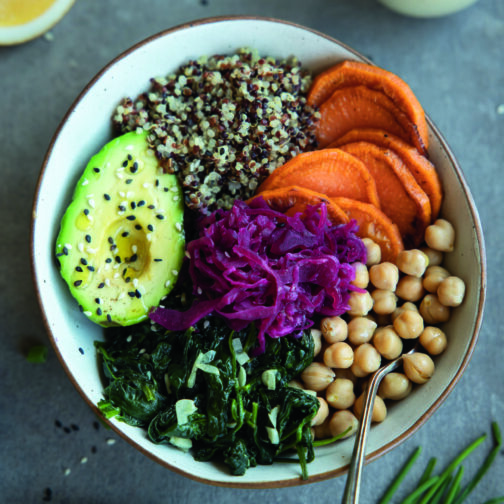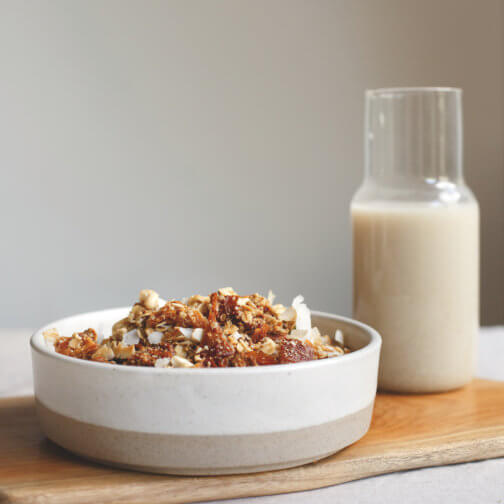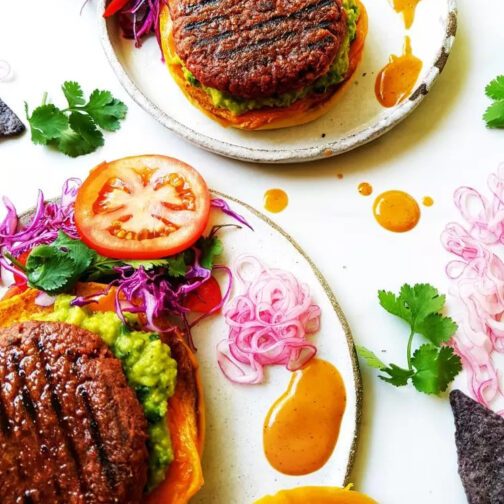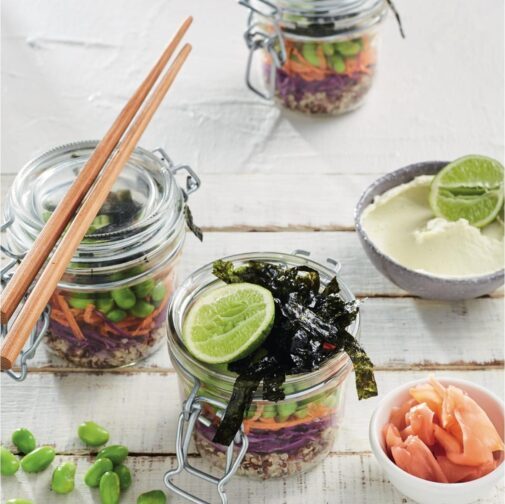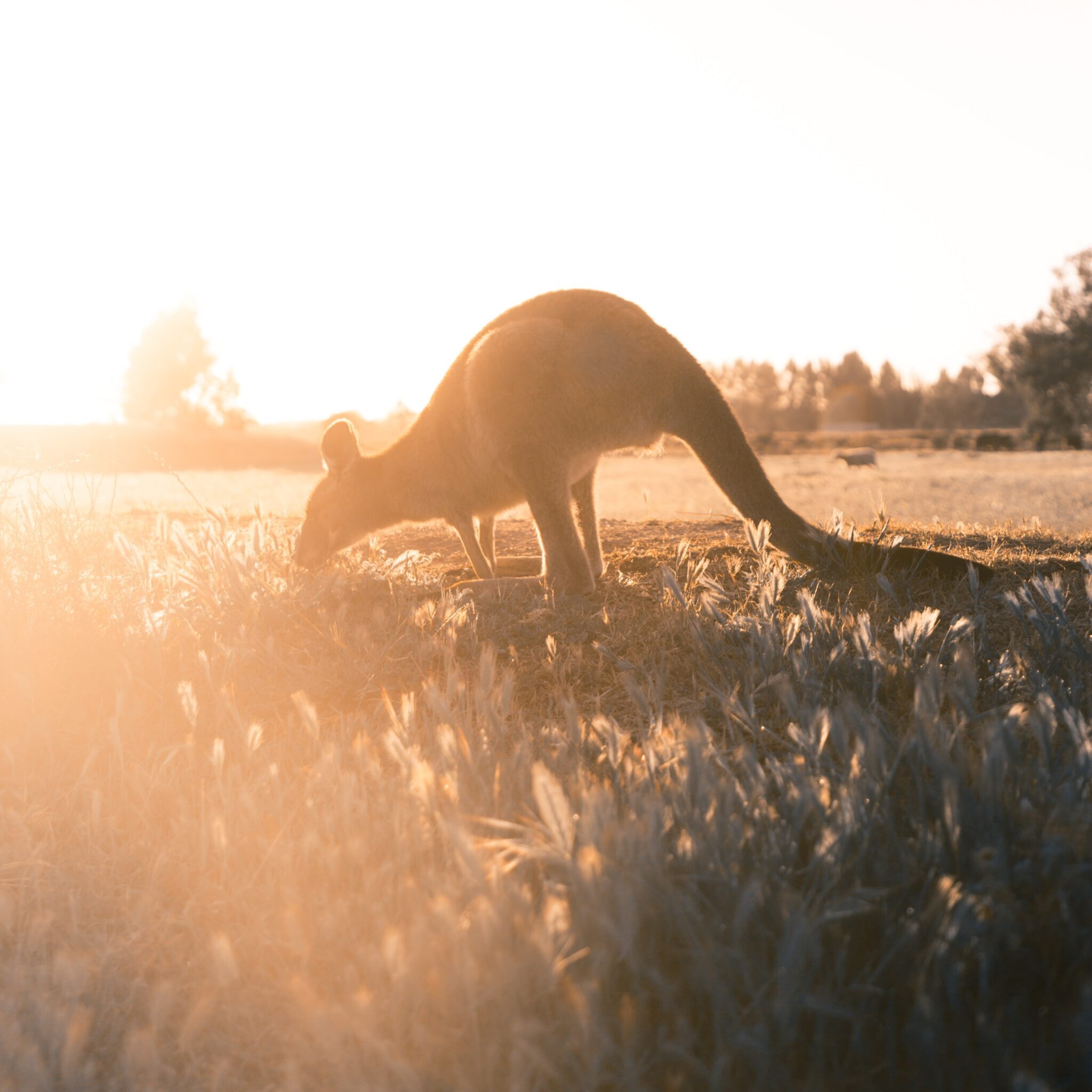
The announcements signal a new era in corporate ethics and the power of collective action.
In the last two weeks, major sporting apparel brands PUMA and Nike have both announced they will phase out the use of kangaroo skins across their products by the end of 2023, in favour of non-animal-based material. This move is a huge win for our precious native kangaroos, and a testament to progress within the fashion and fabrics industry.
A HUGE LEAP FOR AUSTRALIA’S MOST ICONIC SPECIES
The killing of kangaroos for their skin is the largest commercial slaughter of land-dwelling wild mammals on earth, with an estimated 90 million being shot over the last 30 years. On top of that, it is estimated that up to 40 percent of shots are not immediately fatal, leaving the kangaroos to die a slow, painful death or be permanently maimed.
Instead of being revered and protected as icons of Australia, kangaroos are hunted in their natural habitats for their meat, which is sold for human and pet consumption, as well as for their skin, which is used in clothing and sports products.
PEOPLE POWER PAYS OFF
From hats to shoes, skates, and pet food, as well as kangaroo meat in wholesalers and restaurants, the Netherlands is one of the largest importers.
To put pressure on brands using kangaroo skin for their products, World Animal Protection in the Netherlands asked more than 45,000 animal lovers to sign their petition and, soon after, things began to change for the better.
As a result of public pressure by organisations like World Animal Protection, the iconic athletic footwear brand PUMA has committed to swapping K-Leather (kangaroo leather) for an advanced non-animal alternative, ‘K-Better’, in their popular range of PUMA KING football boots. The redesigned version of the iconic PUMA KING football boots is made from nylon microfibre containing at least 20 percent recycled material.
Meanwhile, the Nike-only, proprietary synthetic upper to make their new football boots in their popular Tiempo franchise is said to be a ‘better performance solution’ than kangaroo leather.
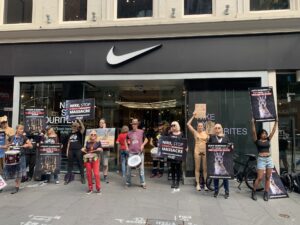
People power: On Saturday 12th March 2022, protesters gathered outside a Nike store in Sydney, Australia as part of a Global Day of Action to draw attention to the use of kangaroo leather in sports shoes.
AN EXCITING NEW ERA IN ETHICAL FABRICS
Last year, on World Kangaroo Day, World Animal Protection in the Netherlands initiated an unprecedented campaign aimed at local online retailers and sporting goods stores to develop animal welfare policies, which would mean that they no longer sell products made from K-Leather, with a number of companies committing to dropping kangaroo leather and switching to animal-free alternatives .
While global companies like PUMA, and Nike are innovating and implementing changes, other major corporations, including footwear powerhouse Adidas, have yet to make the shift. These companies continue to exploit kangaroos in their footwear production – a practice that is utterly unjustifiable given the accessibility and demonstrated effectiveness of advanced non-animal alternatives.
The growing shift to a humane and sustainable alternative is commendable, and it is high time other brands follow suit. Using kangaroo leather in this day and age is inexcusable and simply cruel. By working collectively, we can encourage more companies to eliminate the inhumane use of kangaroo leather in their products.

KING football boot with non-animal-based material. Image: puma.com
THIS IS JUST THE BEGINNING
There is great anticipation surrounding which companies will be the next to replace K-Leather with cruelty-free alternatives. As more businesses join the movement, it is hoped that other major players in the industry will recognise the importance of adopting ethical and sustainable materials.
While efforts have been made to protect kangaroos from exploitation, numerous other wild animal species continue to suffer in the fashion and fabric industries. For instance, reptiles, such as snakes and Australian saltwater crocodiles, are still being used for their skins to produce luxury handbags. And millions of mink and foxes continue to be farmed across Europe, North America and China.
Activists and organisations like World Animal Protection are tirelessly working on campaigns to raise awareness and promote the adoption of ethical, animal-free alternatives. By continuing these efforts, we can make a significant impact on the lives of countless animals and move towards a more compassionate and sustainable world. Together, we can fashion a kinder future.
Lead image: Christopher Burns on Unsplash



